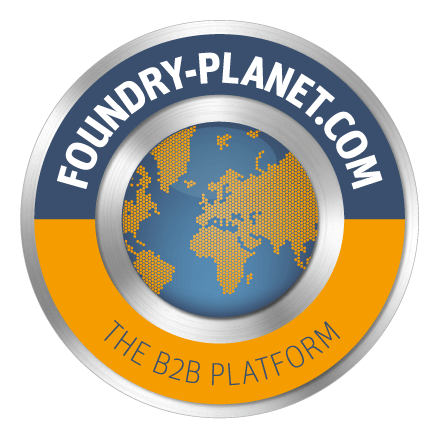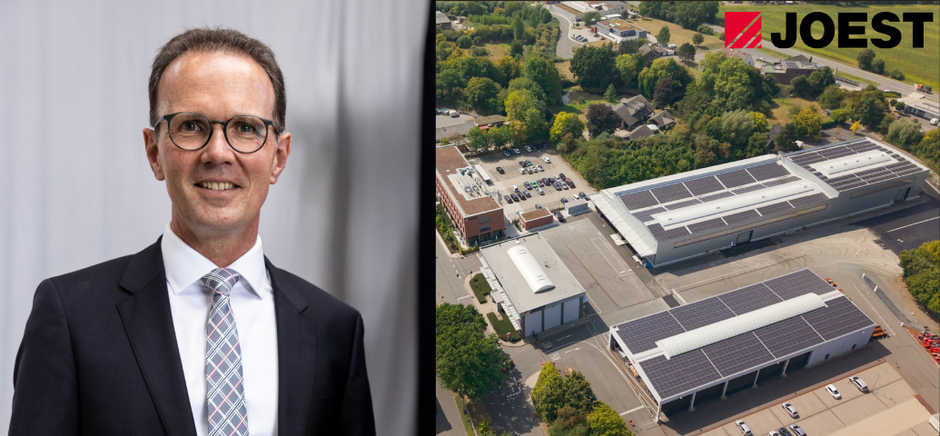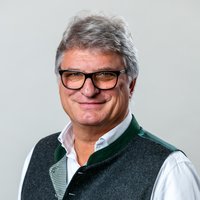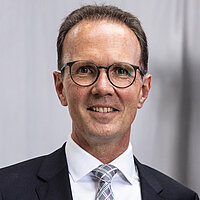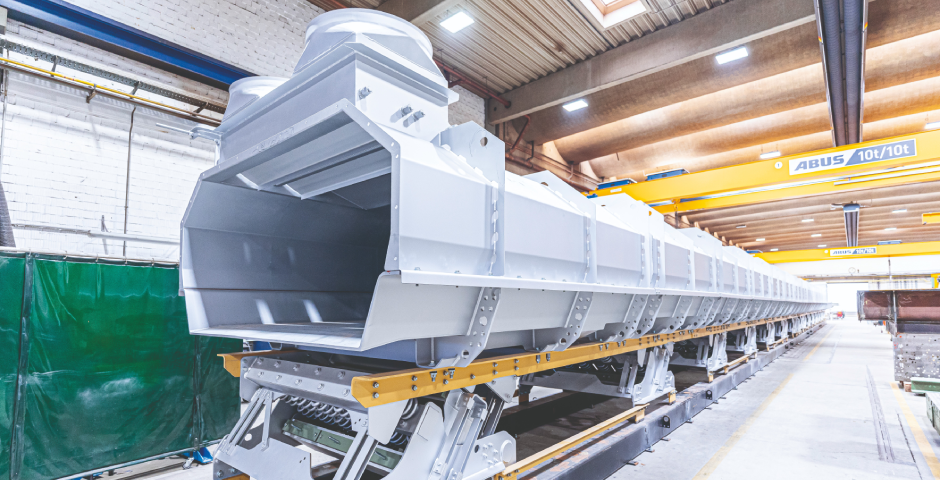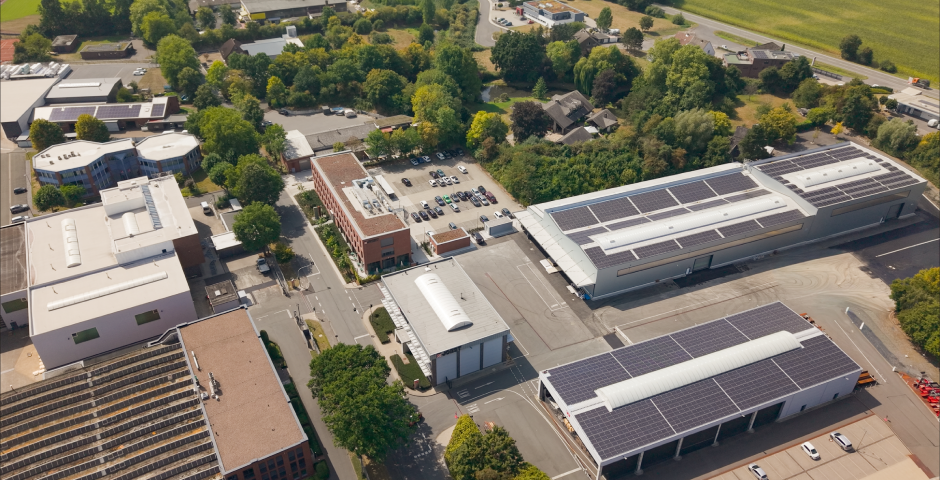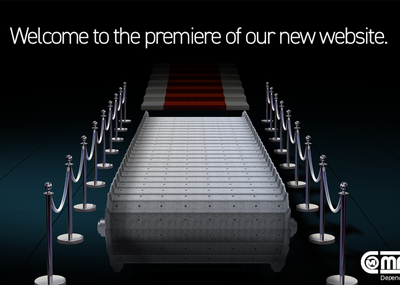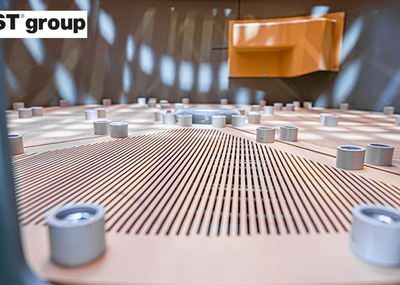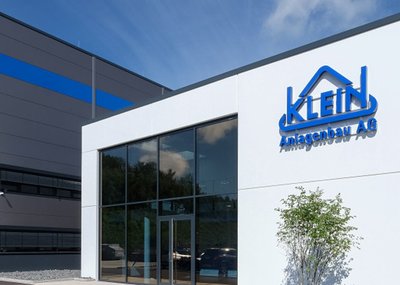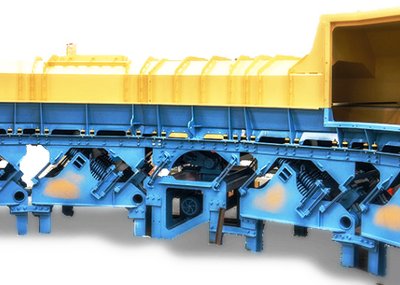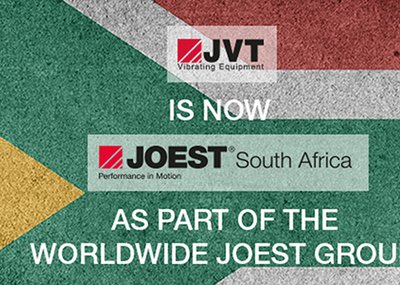The foundry industry is facing major challenges in the wake of global industrial transformation. Added to this are geopolitical changes, structural change in the automotive industry, growing demands for sustainability and CO₂ reduction, and high energy prices. This is challenging companies to an unprecedented extent. What is needed are intelligent processes, efficient technologies, and partners who actively support the transformation process.
The JOEST group from Dülmen has been at home in this industrial environment for 105 years. With vibration-based conveying and processing technology, cooling and desanding systems, sand regeneration, charging technology, and complete mixing and feeding systems, the owner-managed family business has established itself as a leading solution provider for foundries. More than 1,100 employees – around 450 of whom are based at the headquarters in Dülmen – develop customized systems worldwide that go far beyond standard solutions.
We talk to one of the managing partners, Dr. Marcus Wirtz, about the special challenges facing the foundry industry, the expectations of international customers, and how JOEST is using its technical expertise and global presence to make the industry fit for the future.
105 years of German Engineering
FP: Dr. Wirtz, JOEST has been based in Dülmen for over 105 years. How important is this location for your company today?
Dr. Marcus Wirtz (JOEST Group): We are very proud of our history – but the last 25 years, which have been marked by strong development and international expansion, have been decisive. Especially in times of economic and geopolitical challenges, however, we are looking ahead: to new technologies, digitalization, software solutions, and efficient complete systems for our customers.
FP: You have twelve subsidiaries worldwide. What role does “German engineering” still play?
Dr. Marcus Wirtz: A very big one. We consciously uphold the principle of German engineering, even though our subsidiaries operate independently. Our largest subsidiary is located in Australia, where we focus exclusively on mining and minerals. I myself was managing director in the USA, one of our largest growth markets, for many years. After a phase of offshoring, reshoring began there around ten years ago, which has led to foundry technology regaining importance. Many businesses are old, and modernization with state-of-the-art technology offers enormous potential.
FP: Despite globalization, how important are regional roots in Dülmen?
Dr. Marcus Wirtz: Very important. We have an excellent infrastructure here, with a high level of vertical integration, an attractive living environment, proximity to universities, and a strong training program with seven occupational profiles. Between 30 and 40 trainees are permanently based at our site – we take on many of them later and offer dual or part-time study programs. This is a central part of our corporate culture.
FP: How do the markets in Europe, the US, and Asia differ?
Dr. Marcus Wirtz: In Europe, energy efficiency is the big issue – new products, fewer combustion engines, greater automation and digitalization. In the USA, the traditional automotive sector continues to play an important role, including combustion engines. Mexico is growing strongly, with many Americans and Japanese investing there. Asia has always had very high quality and response requirements – we score highly there with our own local engineering and service teams.
